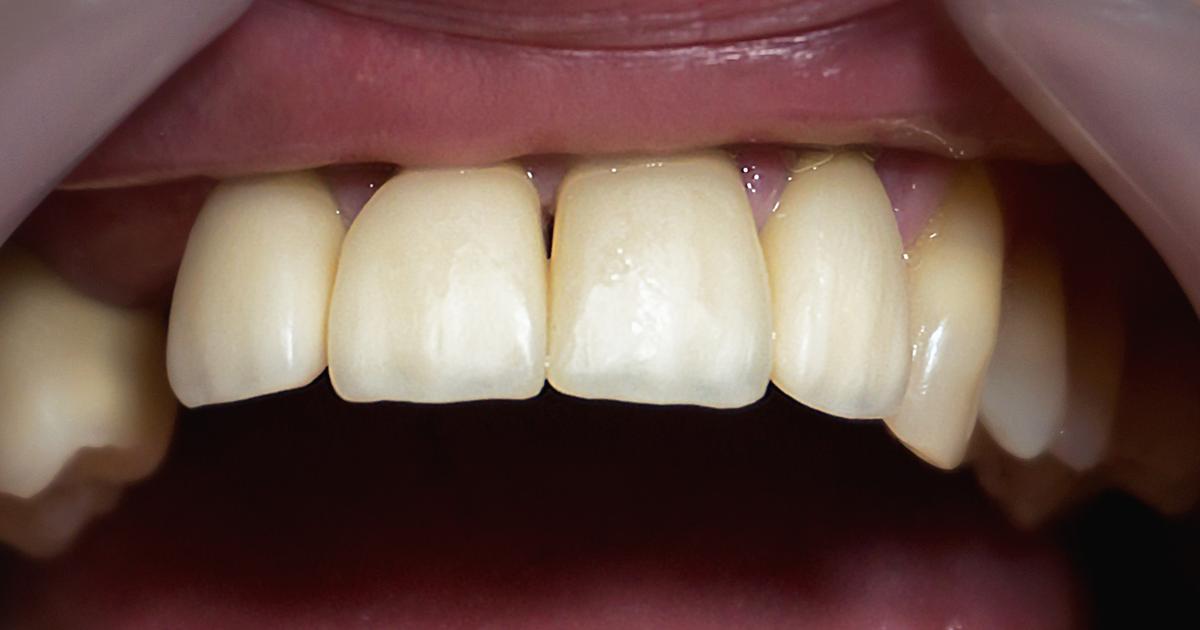Warning Signs Of Gum Disease
Chronic Bad Breath

Poor dental hygiene is often the cause of bad breath, but other issues can lead to bad breath, and certain foods and lifestyle habits can worsen chronic bad breath. Any foods with strong odors can cause individuals to have worse breath than usual. This odor cannot be eliminated until the foods have completely passed through the digestive tract. If individuals don't floss and brush their teeth daily, bacteria are more likely to grow on their gums and between their teeth. The bacteria is what causes bad breath. If individuals use an antibacterial mouthwash, they may be able to reduce bacterial growth in their mouth. Persistent bad breath can indicate gum disease, especially if it continues even after individuals brush their teeth. The bacteria in plaque lead to gum inflammation, and when the disease progresses to periodontitis, the infection in the pockets of the gums may cause bad breath.
Receding Gums

Receding gums are a serious sign of gum disease. With this condition, the affected individual's gums move away from the surface of their teeth, causing the rooted surfaces to become exposed. Individuals will notice these surfaces are much darker than the rest of their teeth because they aren't covered by protective enamel. Receding gums are always a sign of gum disease, and they indicate gingivitis has become periodontitis. If patients don't receive treatment promptly, they could lose their teeth. Varying treatments are available, but the best one will depend on how serious the loss of tissue is. Early treatment is crucial for a good outlook.
Several factors can lead to receding gums, including brushing too aggressively, resulting in damage to the gums. A hardened buildup of plaque can also cause gum damage. Smoking and a family history of gum disease both increase an individual's risk of receding gums. Certain illnesses like HIV and diabetes can lead to receding gums as well. If patients have medication that causes dry mouth, their risk of receding gums becomes higher because their saliva isn't breaking down food the way it should.
